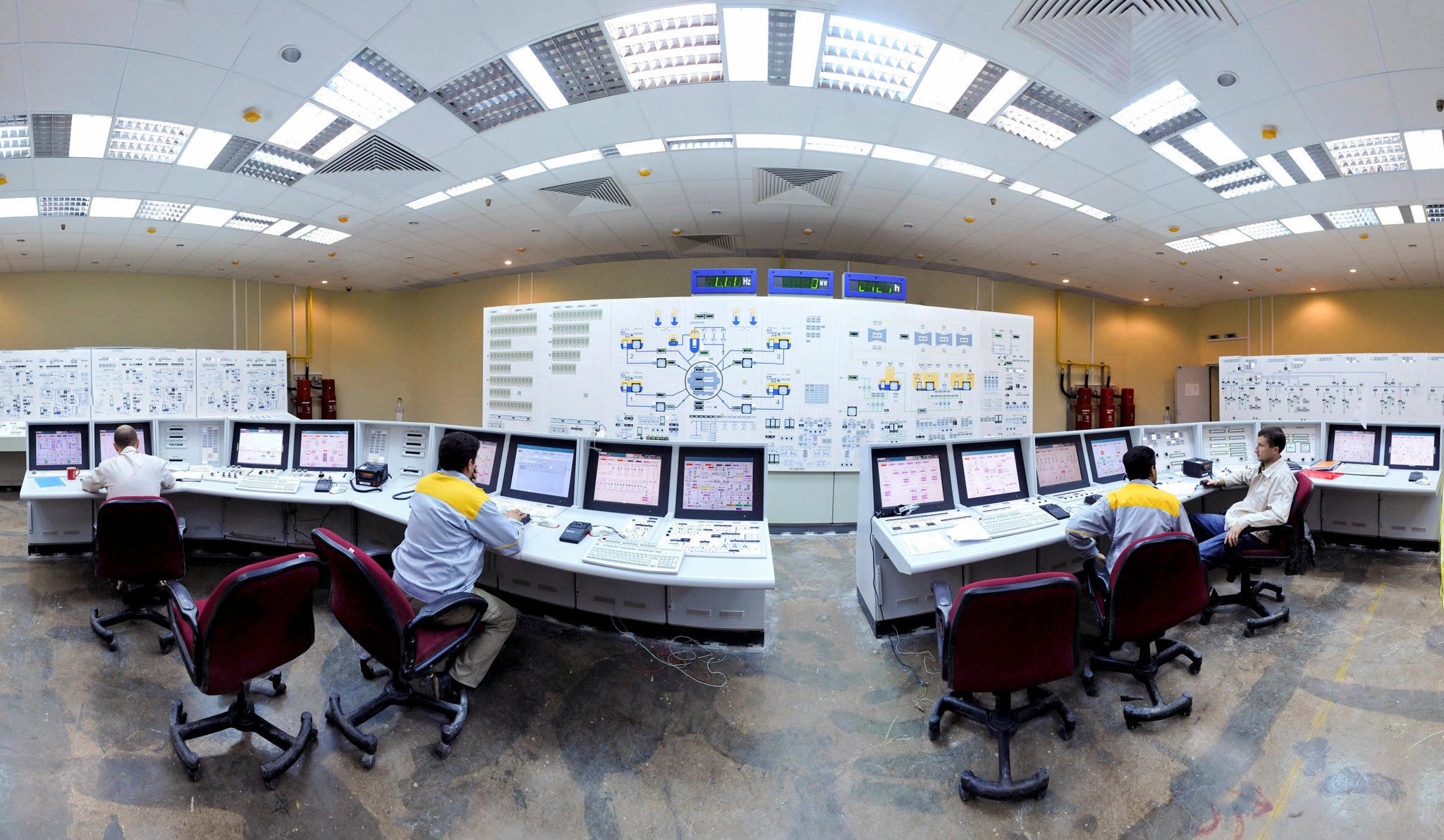The Independent's journalism is supported by our readers. When you purchase through links on our site, we may earn commission.
Russian nuclear power plant infected by Stuxnet malware says cyber-security expert
Eugene Kasperksy warns goverments engaged in cyber warfare that "everything you do - it's a boomerang: it will get back to you."

Stuxnet, a malware program widely believed to have been created by the US and Israel, has infected a Russian nuclear power plant, according to cybersecurity expert Eugene Kaspersky.
Speaking at the Canberra Press Club 2013 in Australia, Kasperksy recounted a story from “the Stuxnet time” when a friend of his working in an unnamed nuclear power plant reported that the plant’s computers were “badly infected by Stuxnet”.
Kaspersky criticized government departments responsible for engineering cyber-attacks, saying: “They don’t understand that in cyberspace, everything you do - it’s a boomerang: it will get back to you.”
The Stuxnet virus was first discovered in June 2010 and was found to specifically target industrial control systems manufactured by Siemens.
The initial target of the virus is widely thought to have been the centrifuges used in Iran’s uranium enrichment program. The country’s then-President, Mahmoud Ahmadinejad confirmed in November 2010 that Stuxnet had “managed to create problems for a limited number of our centrifuges.”
Although the goal of the virus was extremely specific, its method of proliferation was indiscriminate and the code has since been found on computers across the world. According to a report from the New York Times in 2012, the US administration chose to continue cyber-attacks against Iran even after the existence of Stuxnet became public.
Discussing the use of cyber-warfare by nation states, Kaspersky said: “They don’t understand that it’s possible to shut down power plants, power grids, the space station. They don’t know what to do.”
Kaspersky also claimed that even the International Space Station (ISS) is not immune to viruses, although he did not indicate that it was Stuxnet that had made its way onboard.
“The space guys from time-to-time are coming with USBs, which are infected,” said Kaspersky. “I'm not kidding. I was talking to Russian space guys and they said, 'yeah, from time-to-time there are viruses on the space station.’”
Although this may sound alarming it’s not unprecedented. In 2008 Nasa admitted that a virus designed to steal passwords had found its way on to the Windows laptops being used on the ISS.
"This is not the first time we have had a worm or a virus," said NASA spokesman Kelly Humphries at the time. "It’s not a frequent occurrence, but this isn’t the first time."
The virus in question only affected computers used by astronauts for non-essential business such as email and science experiments, and is widely thought to have been brought on board – as Kaspersky suggests – with an infected USB stick.
Join our commenting forum
Join thought-provoking conversations, follow other Independent readers and see their replies
Comments
Bookmark popover
Removed from bookmarks